Relaxation is Foreign
There are moments in life when some people can drop everything and just be. A walk through the park. A night out with friends. A long bath. For many parents, especially those raising autistic children with Pathological Demand Avoidance (PDA), that luxury doesn’t really exist.
I can’t remember the last time I truly relaxed. Not “I’m sitting on the couch with a book” relaxed. Not “I’m out walking, taking in the trees” relaxed. I mean relaxed—that deep kind where your body feels safe enough to let go, your mind stops scanning for what might be coming next, and you just… drift.
For me, that kind of relaxation feels foreign.
I’m a dad to a child with autism and PDA (Pathological Demand Avoidance). Most of the time, my child is with me. And when they’re not, I still carry them with me—inside my head, in my chest, in the readiness of my whole nervous system. I can’t quite switch off.
It’s not that I don’t trust the world. It’s that I know how quickly it can change. A meltdown, a need, a request that only Dad can fill. The call may come in two hours or twenty minutes. And so, even when I appear relaxed, my nervous system is on alert.
It’s a strange kind of weight. When I go out with friends, I’m smiling, laughing, present on the surface. But underneath, I’m braced. When I pick up a book, my eyes move across the words, but my brain is elsewhere, rehearsing what I’ll do if my phone buzzes. Even sleep I’ve got my phone tuned up just in case
There’s no such thing as completely switching off. There’s only this half-state of living—half in the moment, half anticipating the call to come home.
I don’t think people who haven’t lived this truly understand. They say, “Enjoy your time, you deserve it!” and I know they mean well. But enjoyment is complicated when your nervous system never believes you’re safe to let go. This isn’t unique to me. Many parents of PDA children live in this half-state: physically present but mentally tethered elsewhere. We live with an internal voice whispering: “Don’t get too comfortable. You might be needed.”
Still, I keep trying. Because I know if I don’t, I’ll burn out. And because I want to feel alive in my own life, not just on call.
So, I experiment with ways to quiet the voice in the background. Sometimes it works, sometimes it doesn’t. Here are some ideas that help me inch toward true presence, even when relaxation feels foreign:
1. Micro-moments of release
Instead of waiting for a full hour of uninterrupted peace (which rarely comes), I’ve learned to value 3-5 minutes of deep exhale. A song in the car, a mindful sip of coffee, or a stretch while the kettle boils. Short, intentional pauses build a surprising sense of rest.
2. Safe containers
Sometimes what keeps me tense is uncertainty. Having a “safety net”—like knowing my child is with someone who understands PDA, or setting clear check-in times—helps create a boundary. My brain relaxes more when it knows: If something happens, I’ll know at 3pm, not at random.
3. Naming the tension
Rather than pretending I’m fine, I sometimes say to myself (or even aloud): “I’m carrying alertness right now.” Naming it allows me to meet the feeling with kindness rather than frustration. Strangely, acknowledgment often makes the grip loosen.
4. Movement over stillness
Ironically, sitting still often makes the anticipation louder. Walking, swimming, or cycling gives my body somewhere to channel the “on edge” energy while still offering rest.
5. Permission to enjoy
This one is hard, but I remind myself: Enjoying my time doesn’t make me less available to my child. In fact, it refuels me so I can return with patience and love. Guilt is heavy; self-compassion is lighter.
6. Practicing presence
I’ve started small practices of grounding—touching the texture of my book, listening to the layers of sound around me, feeling the weight of my body on the chair. Each time I come back to the present, it’s like loosening one knot in a tightly pulled rope.
It’s not perfect. Most days it’s not even close. But maybe that’s the point. Maybe relaxation, for me, isn’t a destination—it’s something I keep practicing, in small stolen moments, even while part of me is always braced.
I don’t know if I’ll ever know what it feels like to fully, truly relax. Maybe it will always feel foreign. But if I can find a way to taste it in pieces—to notice the coffee, the laughter, the warmth of the sun—then maybe that’s enough.
And maybe one day, even my body will believe me when I whisper: It’s okay to let go.


